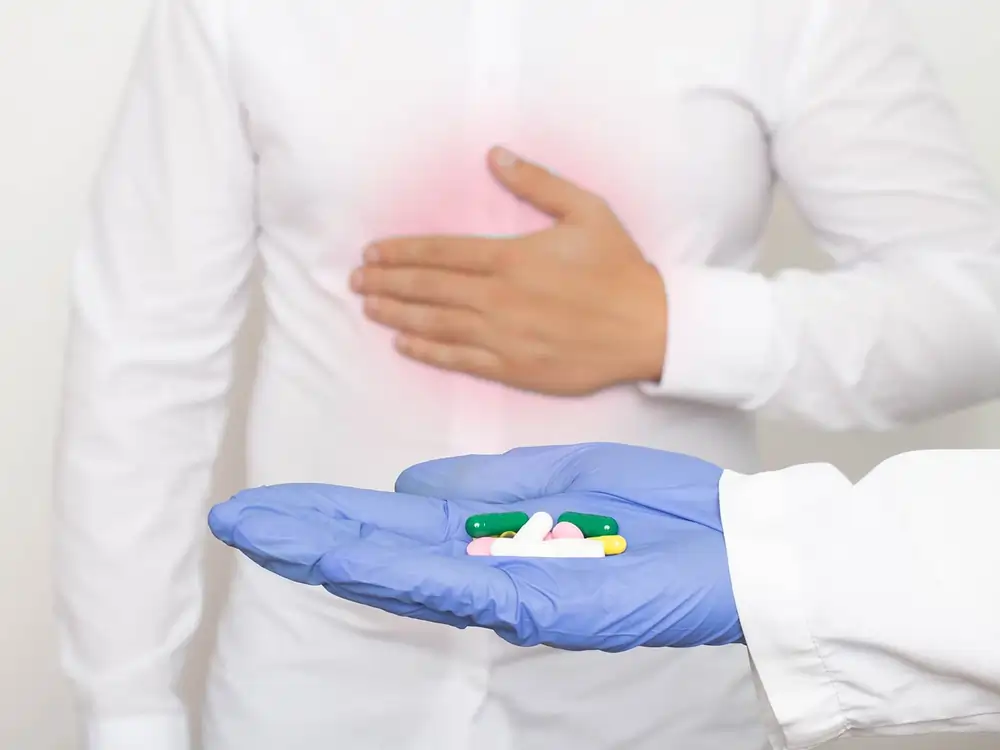
An esophagus ulcer is an opening or a hole in the esophagial mucous membrane through which the food is delivered to the stomach via the throat. Leaving it unattended would result in pain, bleeding and scarring that causes swallowing to be painful and unpleasant.
You need not know much in the beginning but you may show yourself ulcerated as it progresses:
There are several causes of the destruction of esophagus:
Permit not to heal the symptomatic ulcers of the esophagus. Make your appointment with GastroDoxs which you could rely on Jersey Village today. We provide special treatment plans, innovative diagnostics, responsive and expert follow-ups in such a way that you would recover sooner and could begin normal life. You can either do it through the internet or call us and do it.
We've successfully treated more than 5.3K patients, helping individuals improve their digestive health and overall well-being through expert, personalized care.
With over 20 years of experience, GastroDoxs has been a trusted provider of gastroenterology care, focusing on delivering the best outcomes for patients
A tear that develops in the lining (esophagus) of the food pipe would generally be painful and this is referred to as an ulcer that is mainly caused by acid or infection.
They tend to be chronic acid reflux (GERD), taking NSAID or aspirin, infection (H. pylori and Candida), radiation, taking corrosive chemicals.
The typical symptoms include chest pains, upper stomach pains, pain during swallowing, acid reflux (especially in the night), nausea, and vomiting and unexplainable weight loss.
Even though, the pain can be mitigated by eating soft and bland food, lack of triggers (spicy, caffeine, alcohol) is the only thing that can be considered the actual cure as the consumption of medicines PPIs or H 2 blockers, and addressing the issue with the assistance of the professionals.
The ICD-10 of an esophagus ulcer is K22.1 that is recorded in the medical log/insurance billing.
Consume soft foodstuff, which contains no irritants like oatmeal, bananas, steamed vegetables, proteins with low amounts of fats and fats never, which aggravate the ulcer.
The pain is normally felt at the back of the breastbone or the upper abdomen that is usually caused or worsened by eating and lying.
Yes. It may be associated with bleeding such as vomiting of blood or brown and tarry passed stool. You are supposed to visit the doctor immediately thereafter in case you notice the following.
With medication therapy-treatments, change of diet and follow-up, most of the esophagus ulcers are cured and healed in 4 and 8 weeks.
A gastroenterologist should be consulted immediately in the case of the great chest pains, tend to have a difficulty in swallowing the food, in case of some bleeding or even a loss in weight that cannot be explained.